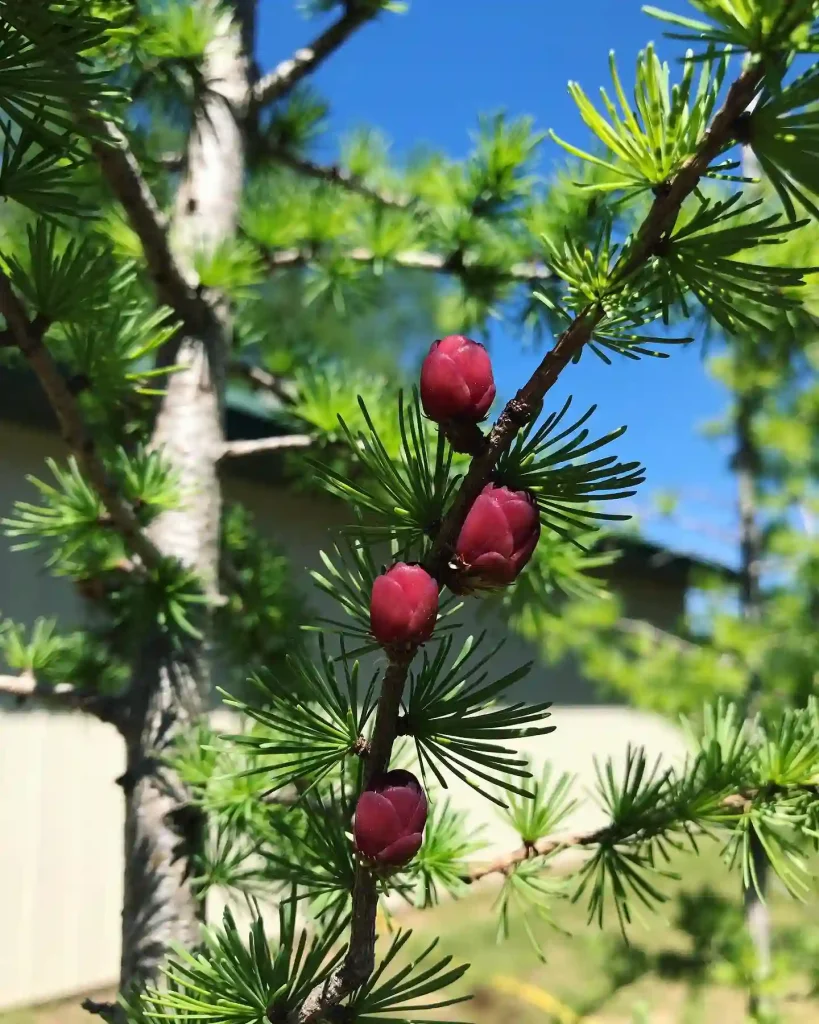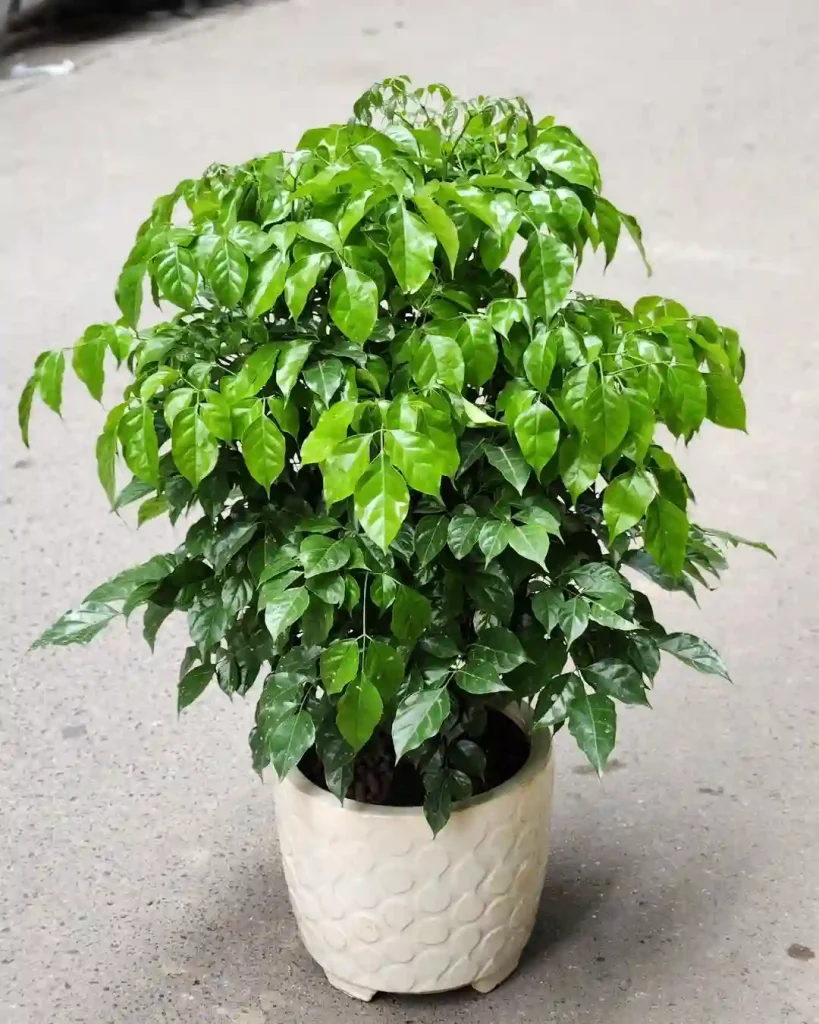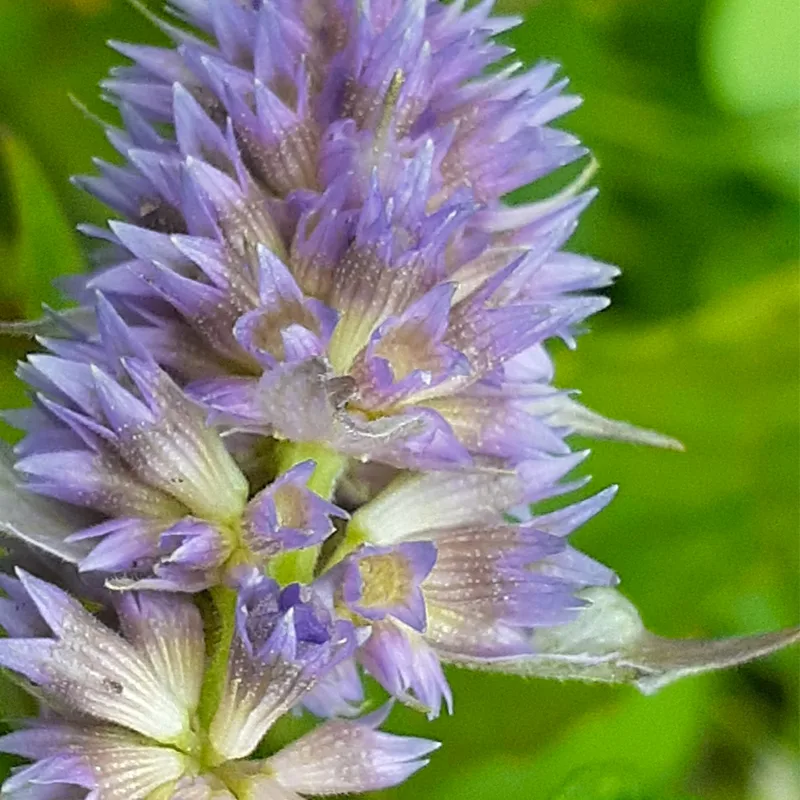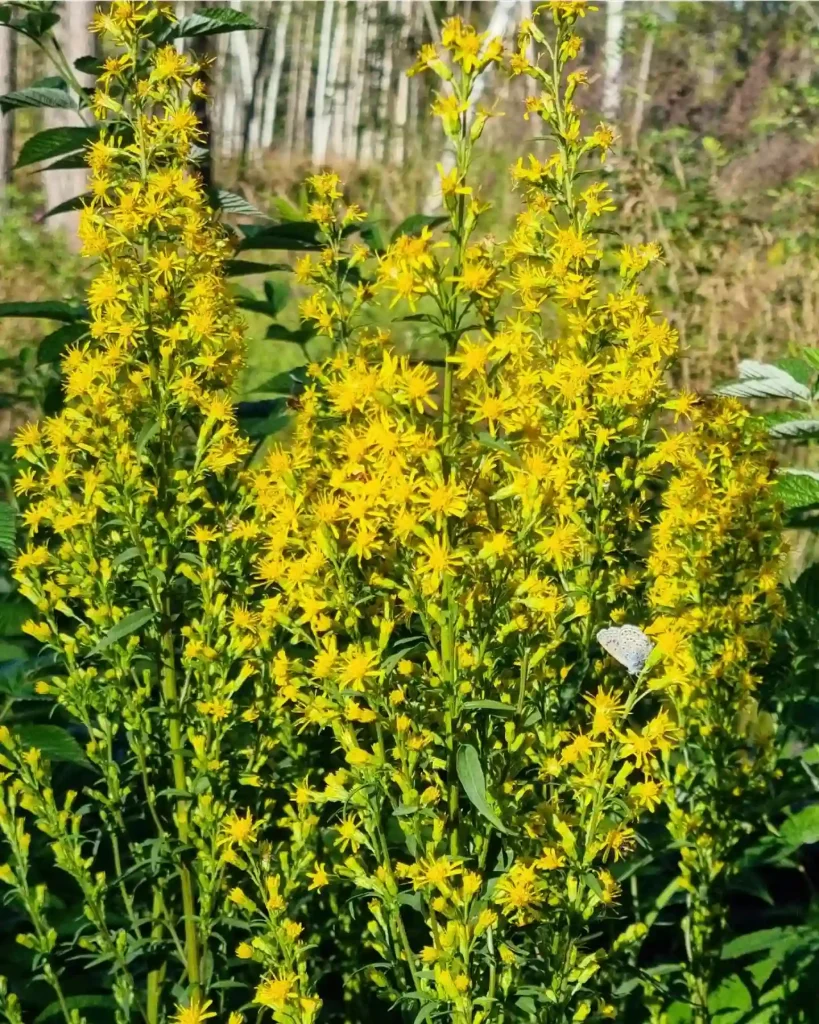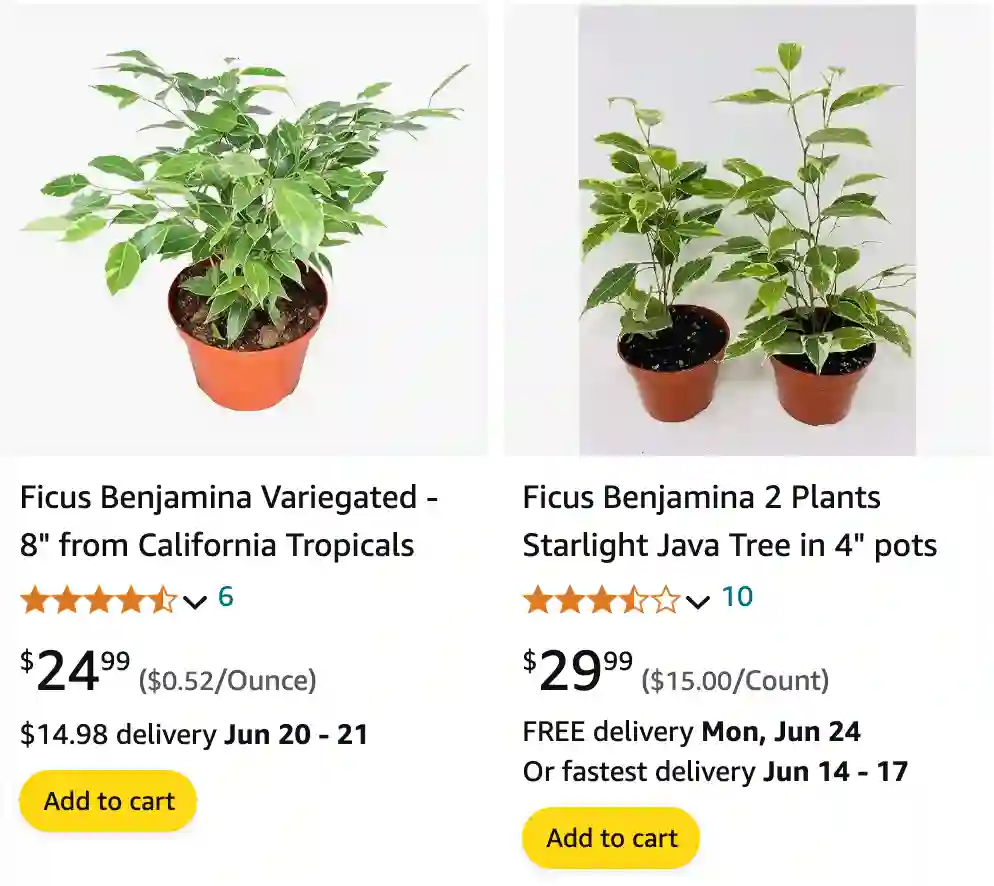
What is Ficus Benjamina Variegata?
The Ficus Benjamina Variegata, also known as the Variegated Weeping Fig, is a stunning houseplant prized for its lush foliage and air-purifying properties. But with its captivating beauty comes the responsibility of proper care. If you’re considering welcoming this leafy friend into your home, here are some frequently asked questions to help you navigate its needs.
880 Species in Genus Ficus
How to care for Ficus Benjamina Variegata?
Light: Sun-Kissed or Shady Retreat?
Ficus Benjamina Variegata thrives in bright, indirect sunlight. Imagine it basking in the dappled light filtering through a forest canopy. Direct sunlight, however, can scorch the delicate leaves, so avoid south-facing windows. Conversely, too little light can lead to stunted growth and leaf loss. East or west-facing windows with sheer curtains are ideal.
Water: Finding the Golden Ratio
Finding the perfect watering schedule is crucial for a happy Ficus Benjamina Variegata. Overwatering is its Achilles’ heel, leading to root rot and leaf drop. The key is to water deeply when the top inch of soil feels dry to the touch. Allow excess water to drain freely from the pot’s drainage holes. During winter months, when growth slows, watering frequency can be reduced.
Soil: A Foundation for Flourishing
Well-draining soil is essential for proper root aeration and moisture management. A good quality potting mix formulated for indoor plants works well. Perlite or orchid bark can be added to enhance drainage. Remember, stagnant water around the roots is a recipe for disaster.
Humidity: Keeping the Air Moist
Ficus Benjamina Variegata hails from tropical regions where humidity is naturally high. While it adapts to average household humidity, providing extra moisture can be beneficial. Grouping plants together or using a pebble tray with water can create a miniaturized humid microclimate. Regular misting with a spray bottle is another option.
Fertilization: Feeding for Growth
During the growing season (spring and summer), a balanced liquid fertilizer diluted to half strength can be applied every two to four weeks. However, avoid overfertilizing, as it can lead to salt buildup in the soil, damaging the roots. During fall and winter, fertilizing can be stopped or reduced significantly.
Common Concerns: Troubleshooting Your Ficus
Leaf Drop: Fear not, occasional leaf drop is normal. However, excessive leaf loss can be caused by various factors like underwatering, overwatering, sudden changes in light or temperature, or pests. Address the underlying cause to restore your Ficus to its leafy glory.
Brown Leaves: Brown leaves can indicate underwatering, sunburn from excessive direct sunlight, or low humidity. Adjust your watering schedule, relocate the plant away from harsh light, and consider increasing humidity levels.
Pests and Diseases: Ficus Benjamina Variegata is generally pest and disease resistant. However, keep an eye out for mealybugs, scale insects, or spider mites. Neem oil solution or insecticidal soap can be used to control infestations. Fungal diseases like leaf spot can be treated with a copper fungicide.
Comparison Corner: Ficus Benjamina Variegata vs. Other Houseplants
Ficus Elastica (Rubber Plant): Both Ficus Benjamina Variegata and Ficus Elastica are popular houseplants. However, the Rubber Plant boasts larger, thicker leaves and a more upright growth habit. It also tolerates lower light conditions better than the Variegata.
Snake Plant (Sansevieria): If you’re a busy plant parent, the Snake Plant might be a better choice. It’s incredibly low-maintenance, thrives in neglect, and tolerates a wide range of light conditions. Unlike the Ficus Benjamina Variegata, it’s non-toxic to pets.
ZZ Plant (Zamioculcas zamiifolia): Another low-maintenance option is the ZZ Plant. It boasts glossy, dark green leaves and requires minimal watering and light. Similar to the Snake Plant, it’s non-toxic to pets.
Conclusion: A Rewarding Journey
With proper care, your Ficus Benjamina Variegata will reward you with years of lush foliage and undeniable elegance. Remember, consistency is key. By providing the right amount of light, water, and humidity, you’ll create a thriving environment for your variegated friend to flourish indoors.
If i die, water my plants!
